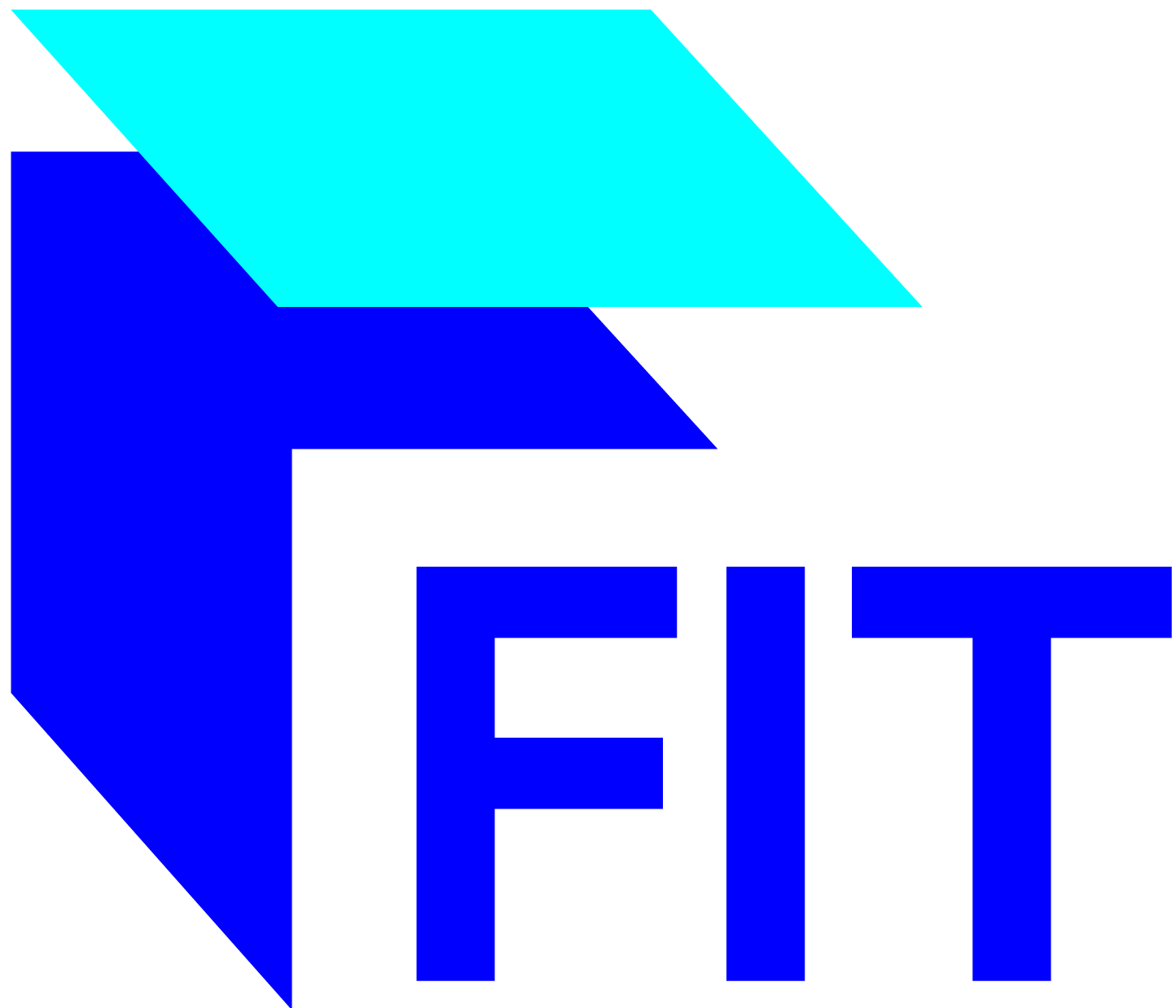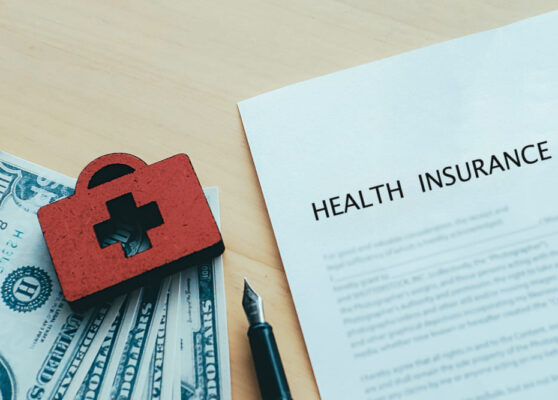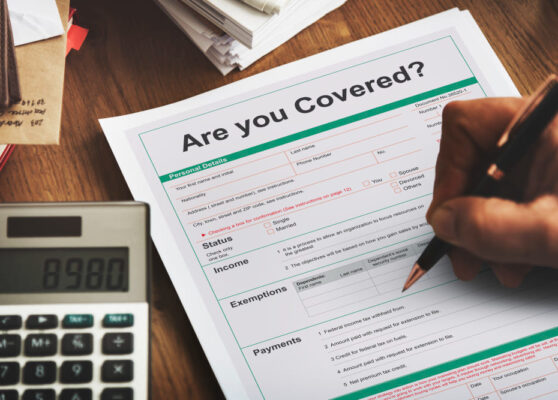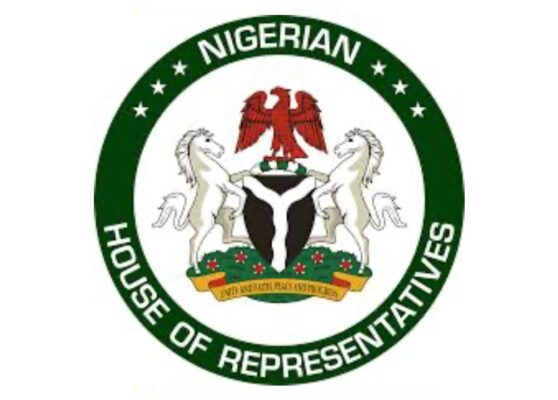Notifications
Clear all
INSURANCE
Status
Author
Topics
Forum
Replies
Views
Last Post
0
141
11 months ago
What are the main reasons people in your community avoid buying insurance, and how can we change this perception?
By admin, Feb 23
0
142
11 months ago
Have you ever successfully made an insurance claim? Share your experience and any lessons learned.
By admin, Feb 23
0
151
11 months ago
Consultation & Training
Professional and Tailored Consultation and Training Programs, designed for individuals and groups.
Insurance Tools
Tools for Insurance




Statistics
Data & Insights
Frequently Asked Question
What is FIT4Africa?
FIT4Africa (Financial Inclusion Tools for Africa) is a digital platform designed to bridge financial gaps by providing individuals, businesses, and stakeholders with access to credible financial information, expert guidance, essential tools, data-driven insights, and vibrant communities.
Who can use FIT4Africa?
FIT4Africa is open to individuals, small businesses, financial service providers, policymakers, researchers, and development organizations looking for financial inclusion solutions across Africa.
What is insurance?
Insurance is a financial service that provides protection against financial losses caused by unforeseen events. It involves paying a premium to an insurance company in exchange for coverage against risks such as accidents, illness, death, property damage, or business losses.
How does insurance work?
When you purchase an insurance policy, you pay a premium (a fixed amount) to the insurer. In return, if an insured event occurs (such as an accident, illness, or loss), the insurance company compensates you based on the terms of the policy.
Why is insurance important?
• Provides financial security and protection against unexpected risks.
• Reduces financial burden in times of emergencies.
• Encourages long-term savings and investment.
• Supports business continuity and economic stability.
• Reduces financial burden in times of emergencies.
• Encourages long-term savings and investment.
• Supports business continuity and economic stability.
What are the different types of insurance available?
The main types of insurance include:
• Life Insurance – Provides financial support to beneficiaries after the policyholder’s death. • Health Insurance – Covers medical expenses for illnesses and hospitalizations.
• Auto Insurance – Protects against damages or losses related to vehicles.
• Home and Property Insurance – Covers damages to homes, businesses, or property.
• Travel Insurance – Provides coverage for travel-related risks, including medical emergencies and lost baggage.
• Agricultural Insurance – Protects farmers against losses due to climate risks or pest infestations.
• SME and Business Insurance – Covers businesses against risks such as fire, theft, and liability claims.
• Microinsurance – A low-cost insurance solution for low-income individuals and small businesses.
• Life Insurance – Provides financial support to beneficiaries after the policyholder’s death. • Health Insurance – Covers medical expenses for illnesses and hospitalizations.
• Auto Insurance – Protects against damages or losses related to vehicles.
• Home and Property Insurance – Covers damages to homes, businesses, or property.
• Travel Insurance – Provides coverage for travel-related risks, including medical emergencies and lost baggage.
• Agricultural Insurance – Protects farmers against losses due to climate risks or pest infestations.
• SME and Business Insurance – Covers businesses against risks such as fire, theft, and liability claims.
• Microinsurance – A low-cost insurance solution for low-income individuals and small businesses.
What is life insurance?
Life insurance is a contract where an insurer guarantees a payment to a designated beneficiary upon the death of the policyholder. Some policies also provide savings or investment components.
What are the types of life insurance?
• Term Life Insurance – Covers a specific period and pays out if death occurs within that time.
• Whole Life Insurance – Provides lifelong coverage and builds cash value over time. • Endowment Plans – Pays a lump sum at the end of a fixed period or to beneficiaries upon death.
• Whole Life Insurance – Provides lifelong coverage and builds cash value over time. • Endowment Plans – Pays a lump sum at the end of a fixed period or to beneficiaries upon death.
Who should get life insurance?
Anyone with financial dependents, such as parents, spouses, and business owners, should consider life insurance to secure their family’s future.
What is health insurance?
Health insurance covers medical expenses, including doctor visits, hospital stays, surgeries, and medication costs.
How does health insurance work?
What does home insurance typically cover?
What are the types of health insurance plans?
• Individual Health Insurance – Covers a single person.
• Family Health Insurance – Covers multiple family members under one policy.
• Group Health Insurance – Offered by employers to employees.
• Government-Sponsored Health Insurance – Provided by governments to certain groups, such as the elderly or low-income earners.
• Family Health Insurance – Covers multiple family members under one policy.
• Group Health Insurance – Offered by employers to employees.
• Government-Sponsored Health Insurance – Provided by governments to certain groups, such as the elderly or low-income earners.
What expenses does health insurance typically cover?
• Hospitalization costs
• Doctor consultations and surgeries
• Medications and diagnostic tests
• Maternity and newborn care • Preventive health check-ups
• Doctor consultations and surgeries
• Medications and diagnostic tests
• Maternity and newborn care • Preventive health check-ups
Does health insurance cover pre-existing conditions?
Some policies cover pre-existing conditions after a waiting period, while others may exclude them. Always check policy terms before purchasing.
What is auto insurance?
Auto insurance provides financial protection against vehicle-related risks, such as accidents, theft, and third-party damages.
What are the types of auto insurance?
• Third-Party Insurance – Covers damages to others but not your vehicle (mandatory in most African countries).
• Comprehensive Insurance – Covers both third-party damages and damage to your own vehicle.
• Comprehensive Insurance – Covers both third-party damages and damage to your own vehicle.
What factors affect auto insurance premiums?
• Vehicle type and value
• Driver’s age and driving history
• Location and risk factors
• Coverage type and policy limits
• Driver’s age and driving history
• Location and risk factors
• Coverage type and policy limits
What is home insurance?
Home insurance protects against damages caused by fire, theft, natural disasters, and accidents in residential properties.
How much home insurance coverage do I need?
The coverage amount should be based on the value of your home and belongings, ensuring you can rebuild or replace them if necessary.
What does home insurance typically cover?
• Fire, lightning, and explosion damages
• Burglary and theft
• Natural disasters like floods and storms
• Personal liability for accidents occurring on your property
• Burglary and theft
• Natural disasters like floods and storms
• Personal liability for accidents occurring on your property
How much home insurance coverage do I need?
The coverage amount should be based on the value of your home and belongings, ensuring you can rebuild or replace them if necessary.
What is business insurance?
Business insurance protects enterprises against financial losses from risks like fire, theft, lawsuits, and employee injuries.
What types of business insurance are available?
• General Liability Insurance – Covers third-party claims for injuries or property damage.
• Property Insurance – Protects business buildings, equipment, and inventory.
• Workers' Compensation Insurance – Covers employee injuries and medical costs.
• Professional Indemnity Insurance – Protects businesses against claims of negligence or poor service.
• Property Insurance – Protects business buildings, equipment, and inventory.
• Workers' Compensation Insurance – Covers employee injuries and medical costs.
• Professional Indemnity Insurance – Protects businesses against claims of negligence or poor service.
Do small businesses need insurance?
Yes, business insurance helps SMEs manage risks and recover from financial losses due to unforeseen events.
What is microinsurance?
Microinsurance is a low-cost insurance product designed for low-income individuals and small businesses. It covers risks like health, life, and agriculture at affordable premiums.
Who can benefit from microinsurance?
• Farmers, traders, and artisans
• Low-income families and informal sector workers
• Small business owners without access to traditional insurance
• Low-income families and informal sector workers
• Small business owners without access to traditional insurance
How can I get microinsurance?
Microinsurance is available through mobile money platforms, cooperatives, community groups, and fintech companies.
How do I file an insurance claim?
• Notify your insurer immediately after an incident.
• Submit a completed claim form along with necessary documents (e.g., police report, medical records, receipts).
• The insurance company will assess and process your claim.
• If approved, you will receive compensation based on your policy terms.
• Submit a completed claim form along with necessary documents (e.g., police report, medical records, receipts).
• The insurance company will assess and process your claim.
• If approved, you will receive compensation based on your policy terms.
How long does it take for an insurance claim to be processed?
Processing time varies by insurer and claim type but generally ranges from a few days to a few weeks.
What should I do if my claim is denied?
• Review the denial letter for reasons.
• Contact your insurer for clarification.
• File an appeal if you believe the claim was wrongly denied.
• Seek legal assistance or escalate the issue to regulatory authorities if necessary.
• Contact your insurer for clarification.
• File an appeal if you believe the claim was wrongly denied.
• Seek legal assistance or escalate the issue to regulatory authorities if necessary.
How do I verify if an insurance company is legitimate?
Check if the company is licensed by the national insurance regulator in your country.
What rights do I have as an insurance policyholder?
• Right to full disclosure of policy terms and conditions.
• Right to fair treatment and prompt claim processing.
• Right to file complaints in case of unfair denial or misconduct.
• Right to fair treatment and prompt claim processing.
• Right to file complaints in case of unfair denial or misconduct.
How can I report an insurance fraud or dispute?
• Contact your insurance company’s customer service.
• File a complaint with your country’s insurance regulatory authority.
• Seek legal assistance if necessary.
• File a complaint with your country’s insurance regulatory authority.
• Seek legal assistance if necessary.
Insurance News







